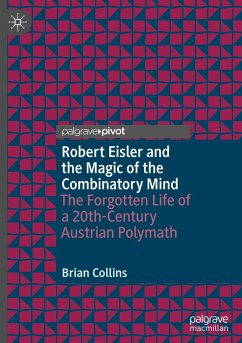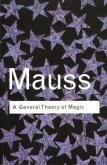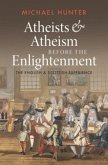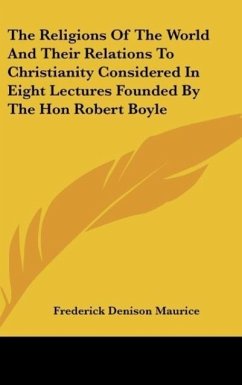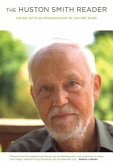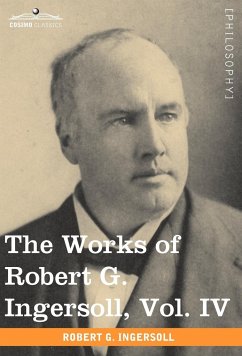Robert Eisler, the polymathic Jewish Austrian scholar and Holocaust survivor, faded into obscurity after his death in 1949. A contemporary and associate of Walter Benjamin, Aby Warburg, and Gershom Scholem, Eisler spent his early years in fin-de-siècle Vienna and trained as an art historian and economist. In this book, the first in English devoted to Eisler's life and thought, Brian Collins takes us through the development of Eisler's ideas about the philosophy of values, comparative mythology, Christianity, psychoanalysis, monetary policy, and anthropology. Collins also explores the bizarre and sometimes tragic events that defined Eisler's life, including his arrest for art theft in 1907, his controversial reconstruction of a physical description of Jesus, and the fifteen months he spent in Dachau and Buchenwald, the inspiration for his final book, Man into Wolf: An Anthropological Interpretation of Sadism, Masochism, and Lycanthropy.
"Collins's book is the first full-length study of the brilliant if eccentric Austrian-Jewish polymath, Robert Eisler. ... Collins has done us the service of brilliantly synthesizing an unbelievably rich textual corpus and allowing us to enjoy, even if (because?) we never fully penetrate its secrets, the 'magic of the combinatory mind.'" (Bruce Rosenstock, Religious Studies Review, Vol. 47 (4), December, 2021)

